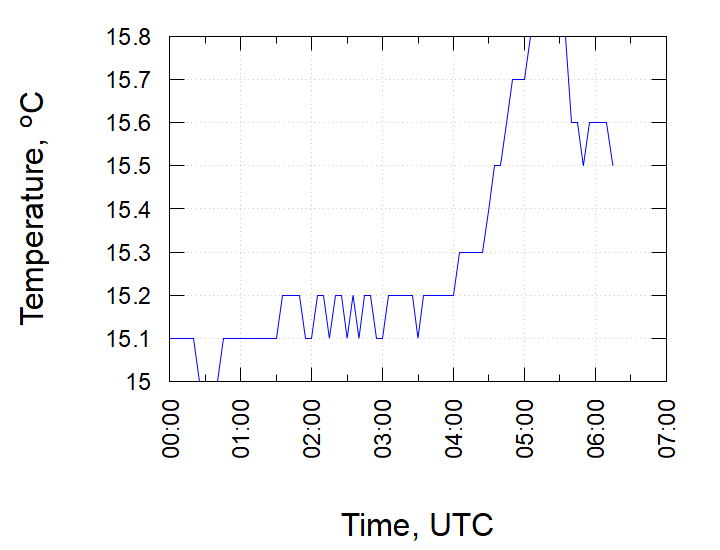Cooperation with Russian organizations
 |
|
Institute for Nuclear Research (INR) of the Russian Academy of Sciences, Moscow (Troitsk)
- BUST – Baksan Underground Scintillation Telescope.
Development of new electronics of the hodoscope for amplitude channels, simulation of the BUST response to the passage of ultrahigh-energy muons, analysis of the available experimental data, conducting of research of new physical processes which generate ultrahigh-energy muons.
- Detector of the NEUTRON setup for studying of cosmic ray neutron flux variations.
- Development and creation of the URAN detector (setup for the registration of atmospheric neutrons) in order to study the neutron component of the extensive air showers in the cosmic ray energy range of 1013 - 1016 eV (knee region).
- Maintenance of the PRISMA-32 detector (prototype of the URAN) using which the possibility of the EAS neutron component registration by the detectors of such type has been demonstrated and the techniques of neutron counters assembly and calibration have been tested.
|
| |
|
|
 |
|
Institute for High Energy Physics (IHEP), Protvino
- Investigations of the energy spectrum of the horizontal muon flux using the BARS liquid argon spectrometer.
- Development and creation of a new coordinate detector TREK consisting of large drift chambers designed by the IHEP.
- Carrying out the research and search for new physical processes in the high and ultrahigh energy regions.
|
 |
|
Fedorov Institute of Applied Geophysics, Moscow
- Development of the equipment and development of methods of muon diagnostics of the Earth’s heliosphere and magnetosphere.
|
 |
|
Pushkov Institute of terrestrial magnetism, ionosphere and radio wave propagation of the Russian Academy of Sciences, Moscow (Troitsk)
- Development of methods of muon diagnostics of the heliosphere and Earth's magnetosphere.
|
 |
|
Skobeltsyn Institute of Nuclear Physics MSU, Moscow
- Development and creation of muon detectors in the frameworks of the TAIGA international collaboration.
- Development of the registering system of the TAIGA atmospheric Cherenkov telescopes.
|
 |
|
Central Aerological Observatory, Dolgoprudny
- Development of methods of the muon diagnostics of the Earth's atmosphere based on the joint analysis of the data of the URAGAN muon hodoscope and the Doppler-type meteorological radio locator DMRL.
|
 |
|
Joint Institute for Nuclear Research (JINR), Dubna
- Development and creation of the NEVOD-EAS shower array for the study of the knee region of the cosmic rays energy spectrum.
|
 |
|
JSC “SNIIP”, Moscow
- Development of new electronics for the photomultipliers, scintillation detectors, streamer chambers, etc.
|
 |
|
Ekran - Optical Systems, Novosibirsk
- Development of new modifications of large diameter photomultipliers, creation of the automated test facilities.
|
Cooperation with international organizations
|



|
|
Dipartimento di Fisica Generale dell' Universita di Torino, Turin, Italy
Sezione di Torino dell' Istituto Nazionale di Fisica Nucleare, Turin, Italy
Istituto di Fisica dello Spazio Interplanetario - INAF, Turin, Italy
- Study of the muon component at the great depths in the NUSEX detector.
- Creation of the DECOR coordinate detector system around the NEVOD water detector.
- Development of the project of a new experiment MONOLIT for the study of atmospheric neutrino oscillations and muons of ultrahigh energies.
- Development of the equipment and methods of muon diagnostics of the heliosphere and magnetosphere and atmosphereof the Earth .
- Experimental studies of the energy loss of multi-muon events with the detectors NEVOD and DECOR.
- Development and creation around the NEVOD experimental complex of the NEVOD-EAS detector, based on the scintillation counters from the KASCADE - Grande experiment, which will allow to conduct multi-component studies of the EAS in the knee region of the cosmic ray energy spectrum.
|
| |
|
|
 |
|
International Collaboration IceCube
- Study of the muons of ultrahigh energies above 100 TeV.
|
 |
|
Alikhanyan National Science Laboratory, Armenia, Yerevan
- Development of the cooperation in the fields of cosmic ray physics and solar-terrestrial connections.
- Development of the nuclear physics equipment.
|
 |
|
European Organization for Nuclear Research CERN
- Participation in the development of the muon part of the GEANT-4 software package.
|
 |
|
The Pierre Auger Observatory Collaboration
- Development of the front-end electronics and creation of the monitoring system of the ground-based Cherenkov water detectors.
- Study of the Auger water tank response to the passage of various cosmic ray components.
|

















